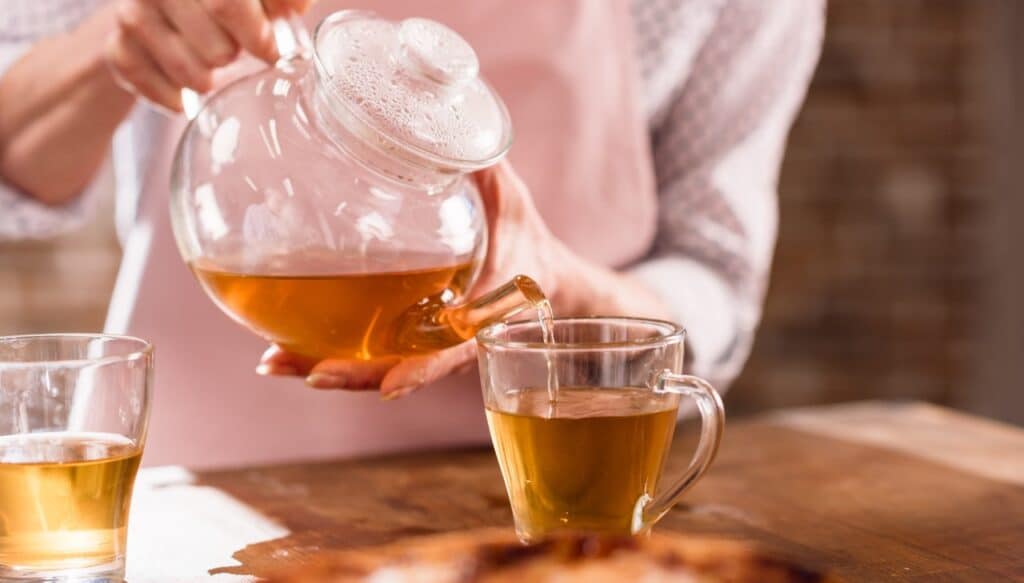
Update:
- A California federal jury found that Bigelow committed fraud and violated the state’s Consumer Legal Remedies Act after a consumer sued the tea company, alleging it advertises its tea as being 100% manufactured in the USA when the products are actually composed solely of foreign-sourced and processed tea.
- The jury reached its verdict on April 8 after a five-day trial and awarded a class of California tea buyers $2.36 million in damages.
- Plaintiffs Kimberly Banks and Carol Cantwell claimed that if they had known the truth about the tea, they would have paid less for the product or not purchased it at all.
- The ruling comes after U.S. District Judge Dean D. Pregerson found the tea’s “Manufactured in the USA 100%” label was “literally false” because the great majority of the company’s tea is imported from overseas.
- How to File a Claim: A settlement website has not been established yet. Join Top Class Actions’ free newsletter to receive updates on how to file a claim for the Bigelow tea settlement as soon as they’re available.
A class action lawsuit has been filed against Bigelow by a consumer who claims that the tea company markets and advertises that their tea is manufactured in the USA, but the products are actually comprised solely of foreign-sourced and processed tea.
Plaintiffs Kimberly Banks and Carol Cantwell say that had they known the truth about the tea (that it was not American made), they would have paid less for the product or would not have purchased it at all.
Banks, a resident of Los Angeles, reportedly purchased a box of Bigelow Earl Grey Black Tea in April 2020. When she bought the tea, she says she saw the statement on the packaging that stated, “MANUFACTURED IN THE USA 100% AMERICAN FAMILY OWNED” as well as “AMERICA’S CLASSIC.”
She says that her reasonable belief that the Bigelow Earl Grey Black Tea was manufactured in the USA was an important factor in her decision to purchase it. Thus, she claims that she has suffered injury and lost money as a result of Bigelow’s misleading, false, unfair, and deceptive practices alleged in the Bigelow tea class action lawsuit.
The products at issue include: Bigelow Earl Grey Black Tea, Bigelow English Teatime Black Tea, Bigelow Green Tea with Ginger, Bigelow Matcha Green with Turmeric, Bigelow Green Tea with Pomegranate, Bigelow Green Tea Decaffeinated, Bigelow “Constant Comment” Black Tea, and Bigelow Vanilla Chai Black Tea.
Banks states that the teas are made from black, green, and oolong tea leaves, which are derived from the Camellia Sinensis plant. She argues that none of the Camellia Sinensis plants that are used to make Bigelow tea are grown or processed in the United States. Instead, the Bigelow class action lawsuit maintains that the Camellia Sinensis plant is grown by tea plantations in places such as Sri Lanka and India.
According to Banks, most of the world’s tea comes from China, India, Sri Lanka, and Kenya. She cites to the Tea Association of the U.S.A. Inc. which states that most of the world’s tea is grown in mountainous areas 3,000 to 7,000 feet above sea level, located between the Tropics of Cancer and Capricorn in mineral-rich and acidic soil.
Banks goes on to say that the United States grows a miniscule amount of tea and that the only tea plant is located on only 127 acres in Charleston, S.C. Even though Bigelow owns the Charleston Tea Plantation, none of the products are made with tea grown on the plantation, the class action lawsuit argues.
Thus, the packaging of the products is false and deceptive and likely to mislead reasonable consumers that the products are manufactured in the USA.
“Plaintiffs and Class members did not know, and had no reason to know, that the Products were not manufactured in the USA, because of how the Products are falsely and deceptively packaged,” states the Bigelow tea class action lawsuit.
Banks claims that, because the products are not manufactured in the USA, Bigelow’s branding, packaging, and advertising of the products was and continues to be false, misleading, and deceptive.
“As the entity responsible for the development, manufacturing, packaging, advertising, distribution and sale of the Products, Bigelow knew that the foregoing Manufactured in the USA representations are untruthful and deceptive,” says the Bigelow tea class action lawsuit.
In addition, Bigelow knew or should have known that the plaintiffs and other consumers would rely on its Manufactured in the USA representations in purchasing the products and would therefore reasonably believe that the products are made in the USA, Banks says. She argues that Bigelow deceptively advertises the products in order to exploit strong consumer sentiment for American products.
Common questions of law and fact in the Bigelow tea class action lawsuit include: 1) Whether Bigelow misrepresented material facts or failed to disclose material facts in connection with the packaging and advertising of the tea; 2) Whether Bigelow’s use of false and deceptive packaging and advertising constituted false or deceptive advertising; 3) Whether Bigelow engaged in unfair, unlawful, and/or fraudulent business practices; and 4) Whether Bigelow’s unlawful conduct was intentional and knowing.
There are two prospective Classes in the Bigelow tea class action lawsuit. First, the national Class: “All persons who purchased any of the Products in the State of California within the applicable statute of limitations period.” Second, there is a proposed California consumer subclass which consists of “All persons who purchased any of the Products in the State of California, for personal, family, or household purposes, within the applicable statute of limitations period.”
Did you purchase Bigelow tea products thinking that they were manufactured in the USA? Leave a message in the comments section below.
The plaintiffs are represented by Todd M. Schneider and Jason H. Kim of Schneider Wallace Cottrell Konecky LLP and Aubry Wand of The Wand Law Firm PC.
The Bigelow Tea Class Action Lawsuit is Kimberly Banks, et al. v. R.C. Bigelow Inc., et al., Case No. 2:20-cv-06208, in the U.S. District Court for the Central District of California.
Don’t Miss Out!
Check out our list of Class Action Lawsuits and Class Action Settlements you may qualify to join!
Read About More Class Action Lawsuits & Class Action Settlements:



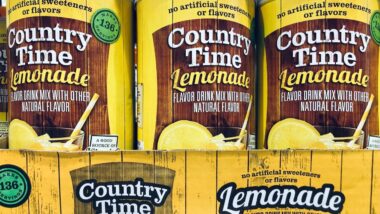
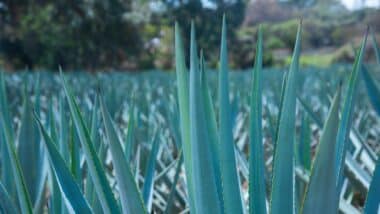
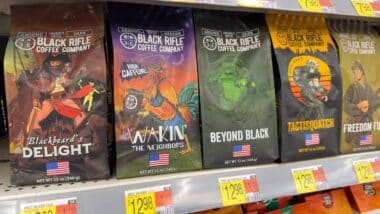
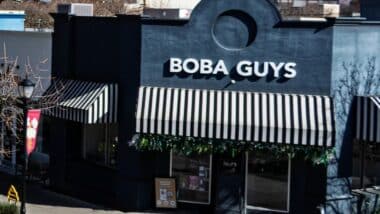
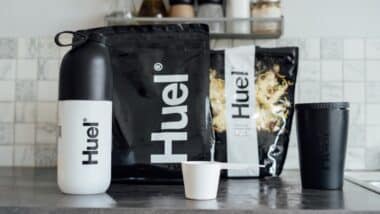

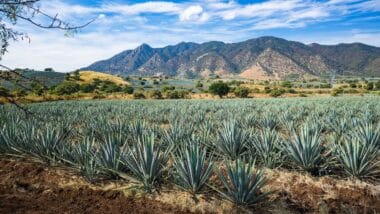
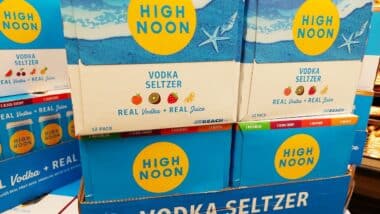
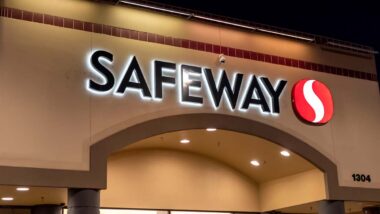

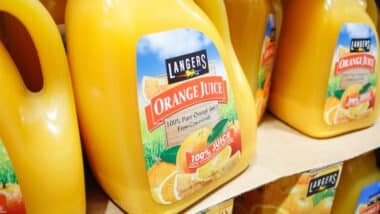

751 thoughts onBigelow tea buyers win $2.36M in trial over false ‘USA’ label
I’ve been buying all flavors of Bigelow tea because the flavors we’re good I had headache sometimes. Nausea why?
The package of Bigelow’s Constant Comment tea I recently bought, and still have half of the package left, says “Blended and packaged in the U.S. I bought it in Florida. Please add me if/when this class action is filed for the rest of the U.S. Thank you.